
Chinese Debacle in Pokhara
Nestled amidst the picturesque Himalayan ranges and serene lakes, Pokhara is known as Nepal’s tourism capital. With its close proximity to India, particularly the populous Uttar Pradesh state just 180 kilometers away via Sunauli, the city is a magnet for Indian tourists. However, Pokhara has recently gained attention not for its natural beauty but for the geopolitical entanglements surrounding it, particularly involving China.
The Viral Tweet and the Chinese Narrative
A recent tweet by Chinese Ambassador to Nepal, Chen Song, sparked widespread discussion in Nepal. The ambassador welcomed a chartered flight carrying 120 passengers from Kunming, China, for the “2024 Pokhara International Mountain Cross-Country Competition.” While this might seem like a cause for celebration, it was only the second international flight to Pokhara since the airport’s inauguration in 2023.
Ambassador Song previously claimed during the airport’s inauguration that it was funded under China’s Belt and Road Initiative (BRI). However, the Nepali government swiftly refuted this assertion. In reality, the airport was constructed with a $215 million loan from China’s Exim Bank, raising concerns over the financial viability and strategic implications of such projects.
Financial Viability Under Scrutiny
The Pokhara International Airport project has come under severe criticism for its lack of financial return. Nearly two years after its inauguration, the airport operates with virtually no regular international flights, questioning its sustainability and Nepal’s ability to repay the Chinese loan.
The situation has ignited fears of a “debt trap”, a model often associated with Chinese overseas investments. When infrastructure projects fail to generate returns, borrower nations face economic strain and may have to renegotiate terms with China. A parallel can be drawn with Sri Lanka’s Hambantota Port, which was leased to China for 99 years after the country failed to meet its debt obligations.
For Nepal, the Exim Bank loan has already stretched its financial capacity. The growing debt-to-GDP ratio prompted warnings from the International Monetary Fund (IMF), which cautioned against high-interest borrowing without concrete revenue streams. Nepal has formally requested China to convert the loan into a grant, but no decision has been made by Beijing.
Limited Local Benefits
Beyond financial concerns, the airport has failed to deliver substantial benefits to Pokhara’s local economy. While the construction phase provided temporary jobs, long-term employment opportunities remain scarce. Tourism experts highlight that Chinese tourists often patronize Chinese-owned hotels, guides, and agencies, leading to economic leakage—where profits bypass the local economy and return to foreign entities.
This growing disillusionment among Pokhara residents reflects the broader sentiment towards Chinese-funded projects. The lack of economic upliftment, coupled with potential increases in taxes to service the debt, has left communities questioning the promised benefits.
Adding to the unease are reports suggesting the potential dual-use nature of the airport, which could make it a strategic asset for China. Such speculations have sparked apprehensions among Nepali citizens and international stakeholders alike.
Geopolitical Implications
The Pokhara International Airport is likely to be a contentious topic in upcoming discussions between Nepal’s Prime Minister KP Sharma Oli and Chinese President Xi Jinping. Critics have labeled Oli as a “pro-China” leader, citing his administration’s close ties with Beijing. While international relations experts in Nepal urge China to waive the loan as a goodwill gesture, Beijing may leverage the situation for strategic gains in South Asia.
At the same time, Nepal must navigate its diplomatic channels carefully. To transform Pokhara into a thriving tourist hub, Kathmandu needs to engage India, a critical partner in the region. Without India’s cooperation, Pokhara risks becoming another victim of geopolitical maneuvering, leaving Nepal to bear the financial and strategic costs.
The Road Ahead
For Nepal, balancing relations with China and India while safeguarding its economic and political sovereignty is a delicate task. As Pokhara’s airport saga unfolds, it serves as a stark reminder of the pitfalls of over-reliance on foreign funding without a clear economic plan.
Harsh Pandey is a PhD candidate at the School of International Studies, Jawaharlal Nehru University, New Delhi.
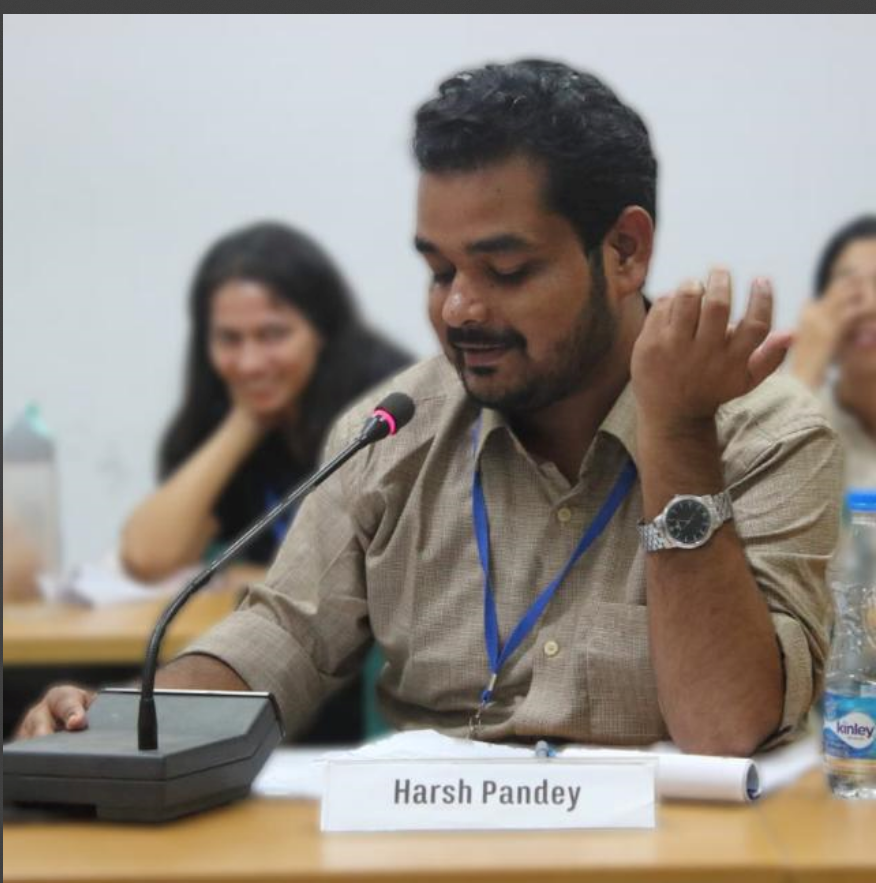
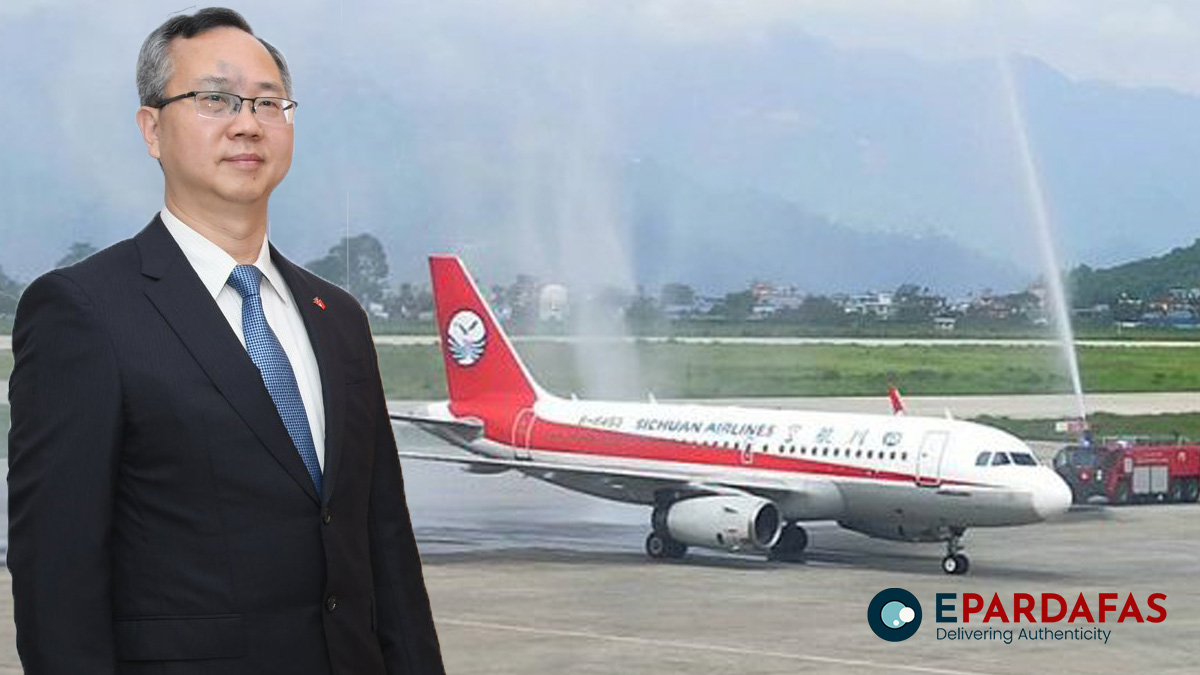

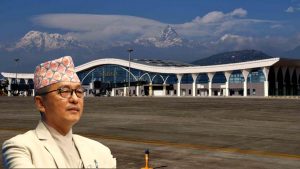
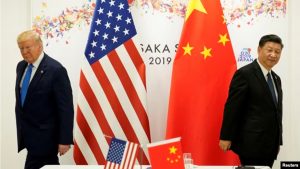

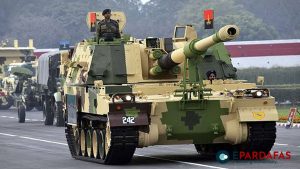







Comments